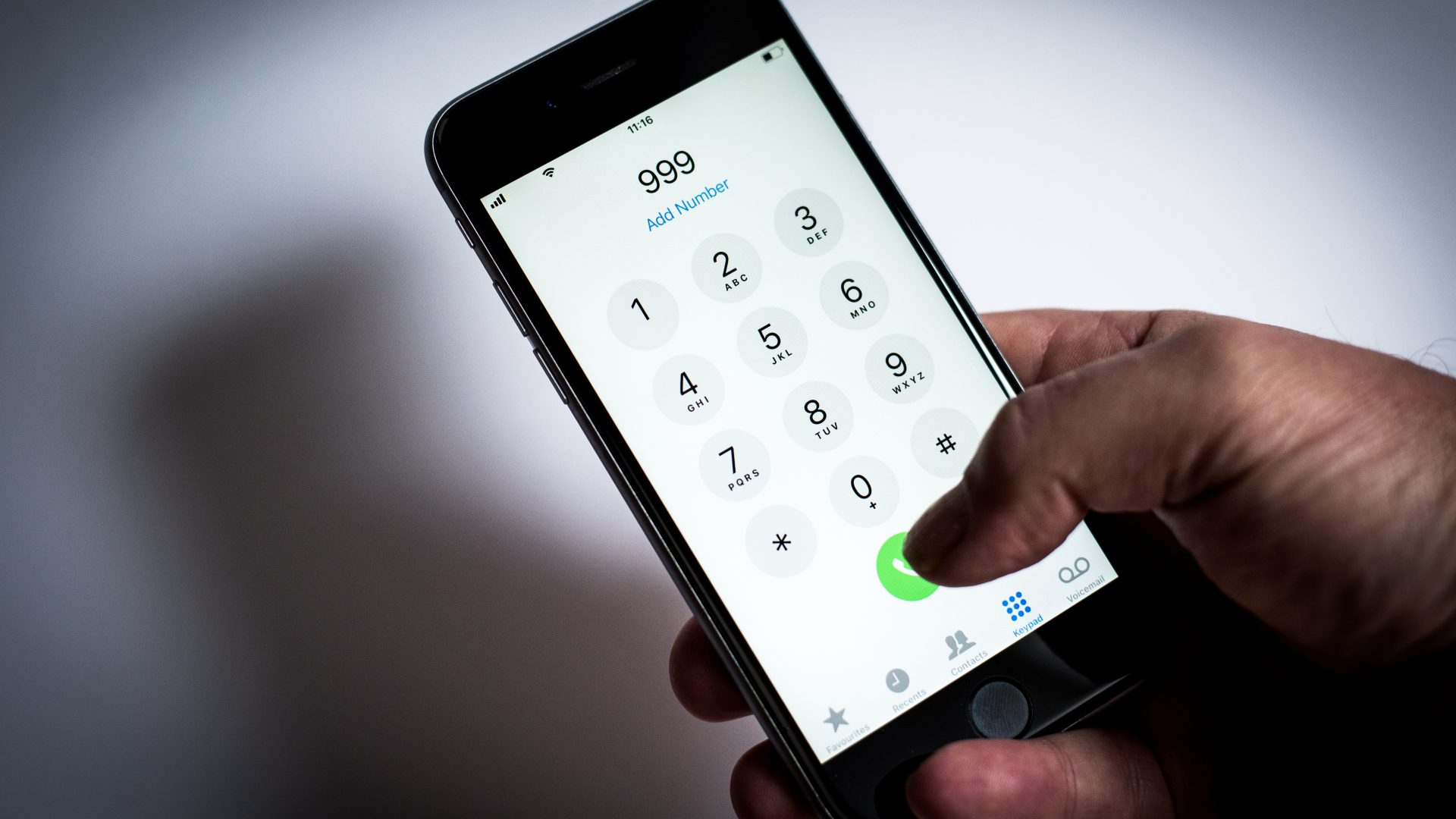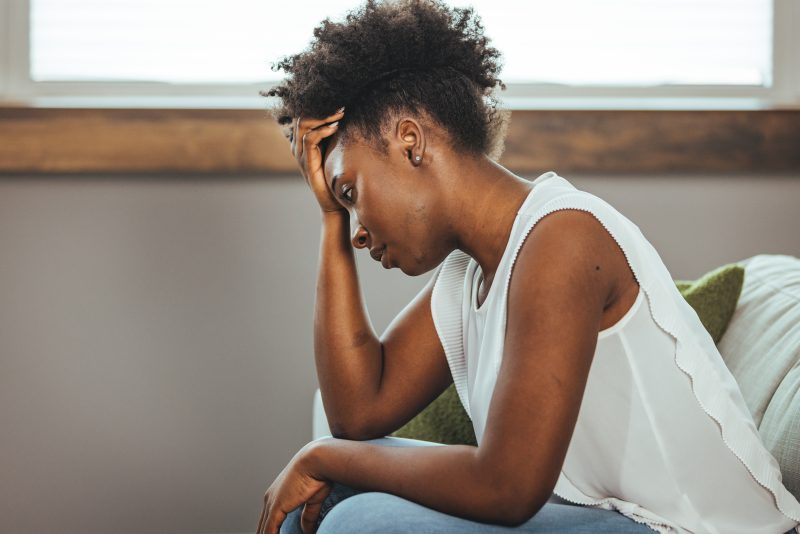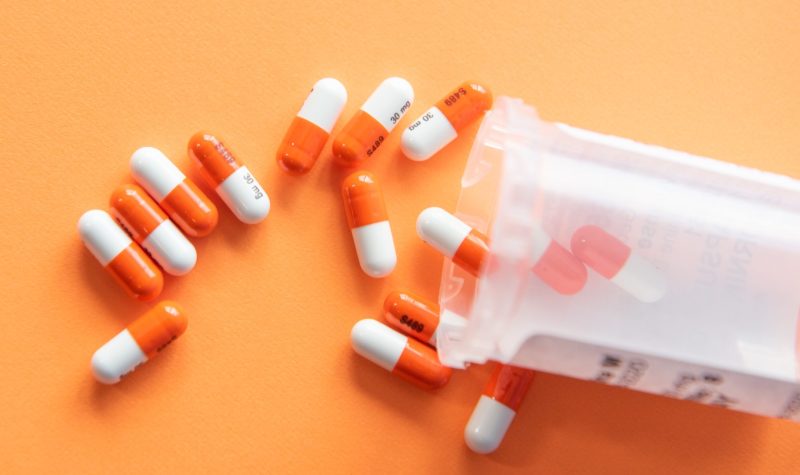Sexual Assault Response Coordination Service (SARCS) is a dedicated NHS service that can offer healthcare and support in the days after an assault, particularly if you’re not ready, or unsure whether to go to the police.
Sexual Assault Response Coordination Service (SARCS)
The service is accessed through a dedicated phone line, where specially trained staff can talk you through your options. This can include support to:
- Access healthcare to address your physical, emotional and sexual health needs.
- Arrange a Forensic Medical Examination to gather evidence should you decide to report the assault.
Key things to know about the service are:
- It’s your choice – you won’t be rushed into making any decisions, and don’t have to report an incident to the police if you’re not ready or unsure.
- You are in control – You can pause or stop support at any time, and are encouraged to ask questions.
It’s good to seek help as soon as possible – even if you’re not ready to report an assault to the police, SARCS can help you access support with your immediate needs, and allow some forensic evidence to be collected should you decide to report an incident later. If you want to self-refer to SARCS, you can call the service 24 hours a day, 7 days a week on 0800 148 88 88. If you have reported a rape or sexual assault to the Police, they can also refer you to SARCS for support.
Reporting sexual assault to Police Scotland
You can report sexual assault directly to Police Scotland, or through a third party reporting centre. In an emergency always call 999.
Alternatively, if you are unsure, you can discuss it with us first. Click here to contact us.
Other services
The following services offer helpful information and advice for those affected by sexual assault or rape:
- Abused Men in Scotland (AMIS) – supports male victims of sexual violence across Scotland.
- Rape Crisis Scotland - support for people of all genders and sexual orientations who have experienced sexual violence.
- Not Your Fault - a peer-led support group for men and non-binary people.
- Fear Free - support service for any man, or LGBTQ+ person experiencing domestic abuse.
- LGBT Domestic Abuse Scotland – LGBT Youth Scotland initiative providing support and advice to LGBT people and professionals.
Help after rape and sexual assault
If you've been sexually assaulted it's important to remember that it was not your fault. Sexual violence is a crime, no matter who commits it or where it happens. Don't be afraid to get help - get in touch by filling out our contact form.




